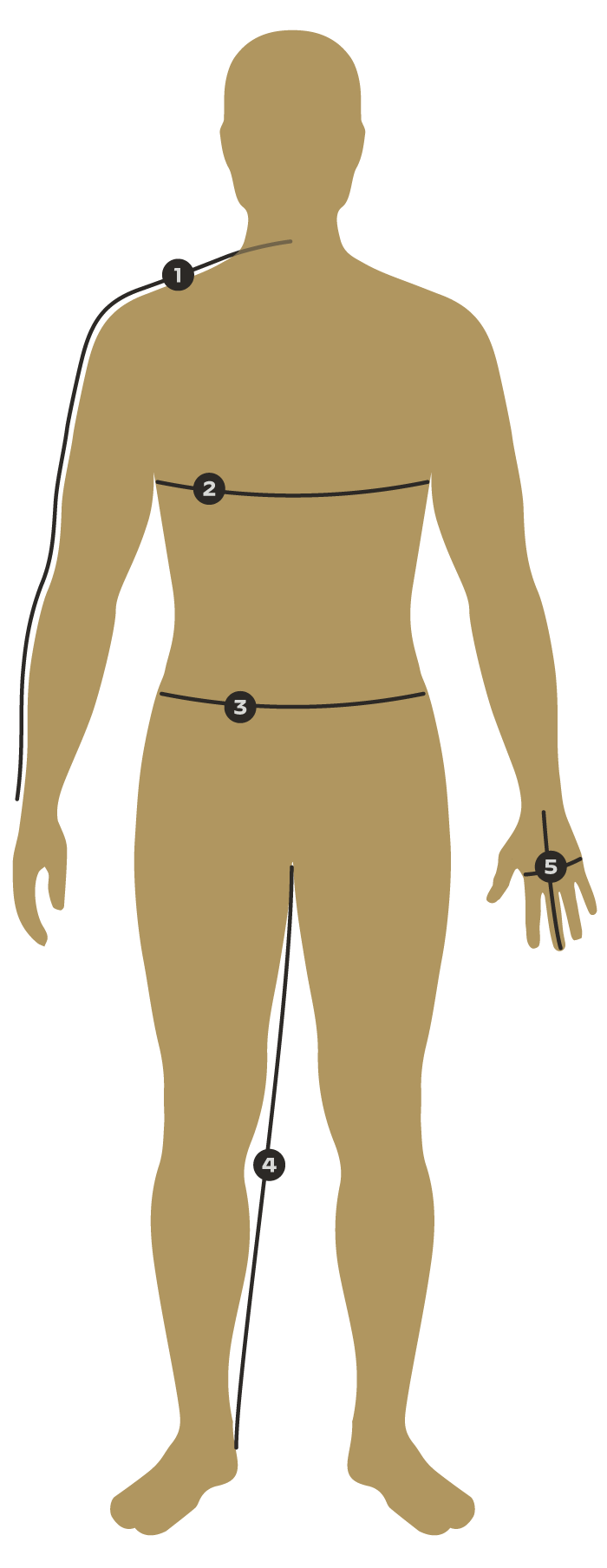It might be hard to believe but in a few short weeks waterfowl hunters will be able to break out the Hard Core Full Body Elites and start pulling the trigger on some early season geese! The summer months offer waterfowl hunters an excellent opportunity to spend some time preparing for the upcoming waterfowl season, including studying up on some goose hunting tips. So, if you haven’t already gone through your goose decoys, double or even triple checked the condition of your blind bags, your man cave, and other goose hunting gear, don’t wait any longer. The time is now to get prepared and touch up on these early season goose hunting tips and strategies. Hunting geese during the early season can be one of the most enjoyable and are sometimes some of the most action packed hunts that waterfowl hunters will encounter all season. Geese are typically easier to locate and pattern during the early goose season, and can often be found in high numbers in certain areas. Early season geese have yet to experience hunting pressure which can often make them a little quicker to commit to a goose decoy spread which can make hunting geese during the early season is an excellent time to introduce a new hunter to the sport of waterfowl hunting and is also a great time to knock off some of the rust before the regular duck and goose season get underway. Yes, there are many reasons why hunting geese during the early goose season is an excellent waterfowl hunting opportunity, however, do not make the mistake of thinking that it is “in the bag”. Early season geese can still provide a challenge for most waterfowl hunters; especially if they fail to put in the effort it takes to be successful. Luckily there is a silver lining to this story. This article will discuss a few goose hunting tips and techniques that can help anyone who is looking to chase early season geese get started on the right foot, and will hopefully lead to more goose meat in the freezer this fall. The Time is Now So here we are in mid-August. Heat and humidity still have a hold on a good part of the Country, and for many, early season goose hunting may still seem like an eternity away. Depending on where you are at in the Country, early season goose hunting can begin anywhere between mid-late August and October, so in reality the season is just around the corner. One of the biggest mistakes that many who are planning to hunt early season geese will make this fall is simply getting a late jump on scouting. Scouting is 90% of the battle when it comes to waterfowl hunting, and is especially true when it comes to hunting early season geese. Getting a late start on scouting is easy to do. The main reason that many goose hunters will get a late start on their scouting efforts is that opening day simply sneaks up on them. It can sometimes be hard to shift into the waterfowl hunting frame of mind, when the conditions outside feel more like golfing weather than goose hunting weather, however, being vigilant and watching the calendar to make sure you are on track with your scouting efforts will help you put more geese on the ground.
The Goose Hunters Two –A-Days So, the concept that scouting is important is not rocket science, and is certainly not a new concept to early season goose hunters. If you follow the Landing Zone Blog, then chances are you have been beat over the head with how important scouting is to success. That being said, here is why scouting is so critical during the early goose season. Unless you live in the northern tier of the States where you may encounter some early season migrants, then chances are high that the geese you are hunting during the early season are resident birds. This means that they were born and raised in the area that you are hunting (didn’t migrate there). This can create an interesting dynamic in early season goose behavior that can sometimes completely throw you for a loop, if you have not done your homework. The early season very rarely provides any sort of cold temperatures that will drive a goose to feed on foods high in carbohydrates such as a corn field. Now, that is not say that if there are harvested grain fields available that they will not use them, because they will, but the point here is that during the early season geese are typically looking for areas to graze and forage in that is close to water. This is the reason why pasture ponds for example can be a great place to harvest early season geese. Because of this, there are generally plenty of habitats available for geese to utilize during the early season, and chances are good that birds are using most of the available habitat at some point during the day/week. This is one of the important goose hunting tips to pay attention to. While early season geese will tend to key in on one or two areas, they will often use other areas as well. Also, these birds will often be very mobile, using different areas in the morning than they will in the evenings. Add all of these factors with often concentrated bird numbers and you have a recipe for some serious scouting.
In order to have the best understanding of what is going on in the area you are hunting, it can sometimes be necessary to scout in the morning, in the afternoons and even in the evenings. Scouting to this extent can sometimes be a pain, and admittedly be hard to accomplish however it can lead to having the best possible picture of what the geese in your hunting area are doing. On a positive note, once you feel that you have the birds in your area patterned the chances are high (bearing any last minute harvesting) that they will likely maintain this pattern until opening day. This can help ease some of the pain of such as heavy scouting schedule. Once opening comes and goes, their will likely be a need to increase your scouting efforts as well as paying attention to these other goose hunting tips, especially if you live in an area with heavy early season goose hunting pressure. Don’t Skimp on the Camo There is no doubt that early season geese can be pretty easy to fool into the goose decoy spread, that is until the first Beretta sounds off. At that point, these birds become educated and “very warry very quickly”. Many hunters believe that they are hunting young birds that are not seasoned veterans to the game of goose hunting, and that is partly true. Early season geese are usually a mix of family groups, and while there will surely be plenty of young birds in the mix, there will usually be a seasoned adult leading the charge. One of the biggest mistakes and subsequent goose hunting tips to pay attention to, is that an early season goose hunter can make it by going light on the camo. They typically justify this with the thinking that they are hunting uneducated geese, however once a goose knows what is going on, you can better believe they will be looking for anything out of place. One goose de-committing to the spread can sometimes cause the whole flock to bail out. If you want to harvest more early season geese, then you need to prepare as if you are hunting pressured migrants on the last day of the season, and this starts with the camo.
During the early season there is typically a wide range of vegetation available and the fact that much of the vegetation is still green provides the hunter a broad pallet to use when blending their Man Cave into the surrounding landscape. Lack of camo should never be a reason that you failed to put some geese in the back of the truck during the early season. Allow plenty of time prior to the hunt to ensure that you can adequately camo in your blinds and gear. If you are attempting to pull off a late day hunt and are up against the clock, there is no reason that you cannot pre-brush your blind in. Take advantage of natural camo as well as some of the blind products offered by Hard Core Brands and save yourself some time in that regard. It is hard to believe that early season geese are just around the corner. Fall is fast approaching, faster than you might think and the time is now to begin preparation by taking note of these goose hunting tips. The first of these goose hunting tips to take action on should be putting some miles on the truck. Work to determine their daily patterns. This will make sure you are ahead of the game and ready to go on opening day. If you practice good scouting habitats and do not undercompensate with your blind preparation you should be well ahead of the curve this early season!

